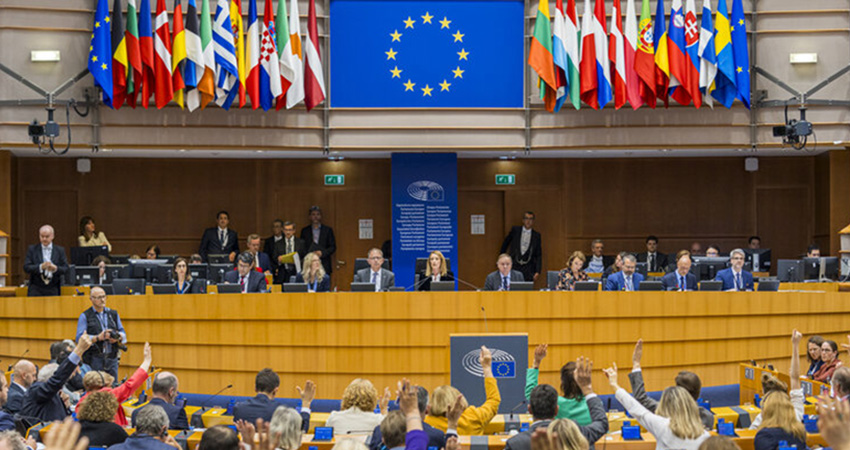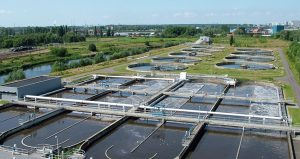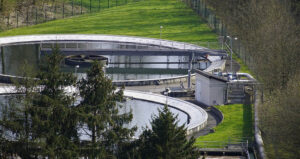European Parliament adopts new wastewater rules

-
 Editorial Team
Editorial Team
Share article:
The Urban Waste Water Treatment Directive was adopted in the European Parliament with a vast majority of votes on Wednesday the 10th of April. The Members of Parliament approved the deal on the new rules reached with the European Council on the new wastewater rules with 481 votes in favour, 79 against and 26 abstentions. Now the European Council needs to formally approve the agreement before it can enter into force. The publication of the new rules is expected this autumn.
The European Council and the European Parliament reached a provisional deal on the new Urban Wastewater Treatment Directive (UWWTD) on the 29th of January. Earlier this week on Monday the 8th of April the environment committee (ENVI) of the European Parliament and the European Council negotiated on the new rules for the collection, treatment and discharge of urban wastewater. The negotiations concerned the scope of the new rules, the upcoming deadlines for extra treatment and Extended Producer Responsibility (EPR).
Changes
The negotiators agreed to apply secondary treatment to urban wastewater before discharge to all agglomerations of 1.000 population equivalent (p.e.) or more by 2035. By 2039, EU countries will have to ensure the application of tertiary treatment, like the removal of nitrogen and phosphorus, in all plants covering 150.000 p.e. and above, and by 2045 in plants covering 10.000 p.e. and above. Quaternary treatment removing a broad spectrum of micropollutants will be mandatory for all plants over 150.000 p.e. (and over 10.000 p.e. based on a risk assessment) by 2045. Under the new Urban Waste Water Treatment Directive known viruses, emerging pathogens, chemical pollutants (including per- and polyfluoroalkyl substances or PFAS), microplastics and antimicrobial resistance will be strictly monitored.
Extended Producer Responsibility
The law also introduces Extended Producer Responsibility (EPR) for medicinal products for human use and cosmetic products. At least 80% of the costs of quaternary treatment have to be covered by producers, complemented by national financing. According to a press release of EurEau this is a triumph for consumers and environmental protection. It secures financing for environmental protection by implementing the Polluter Pays Principle, lessening financial burden on citizens. “Today’s vote represents a significant milestone in our collective efforts to safeguard Europe’s water resources while preserving affordability of wastewater services. This updated directive reinforces our commitment to ensuring the highest standards of wastewater collection and treatment, thereby protecting public health and the environment”, Pär Dalhielm, EurEau President stated.
Improving water management
In the new Urban Waste Water Treatment Directive EU countries will also be required to promote the reuse of treated wastewater from all urban wastewater treatment plants where appropriate, especially in water-stressed areas. The Finnish rapporteur Nils Torvalds (Renew) said: “The legislation will significantly improve water management and wastewater treatment standards in Europe, especially with new rules on removing micro-pollutants coming from medicines and personal care products. We are making sure that the impact of the rules on the affordability of medicines will not be disproportionate and that harmful chemicals such as PFAS will be monitored and better dealt with in the future.”

















